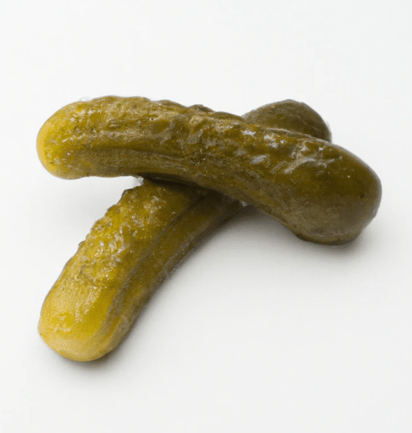Pickles: Important Facts, Health Benefits, and Recipes
Explore the world of pickles, their health benefits, history, and culinary uses in our ultimate guide, and learn how to make informed choices in your daily life.

Nutritional Facts
1 cup sliced or chips
Amount per serving
Calories
139.2
Carbohydrates
32.4 g
Fat
0.6 g
Protein
0.9 g
Saturated Fat
0.1 g
Sodium
699.2 mg
Fiber
1.5 g
Sugar
28 g


:max_bytes(150000):strip_icc()/__opt__aboutcom__coeus__resources__content_migration__simply_recipes__uploads__2012__09__hot-dog-pineapple-bacon-relish-horiz-a-1600-dccf0bd4d7ef45fb8087c970a8109742.jpg)
:max_bytes(150000):strip_icc()/__opt__aboutcom__coeus__resources__content_migration__serious_eats__seriouseats.com__recipes__images__2012__12__20121213-232977-cook-the-book-gammy-browns-deviled-ham-3cb78b55a5f14be28af9da6955e02015.jpg)




